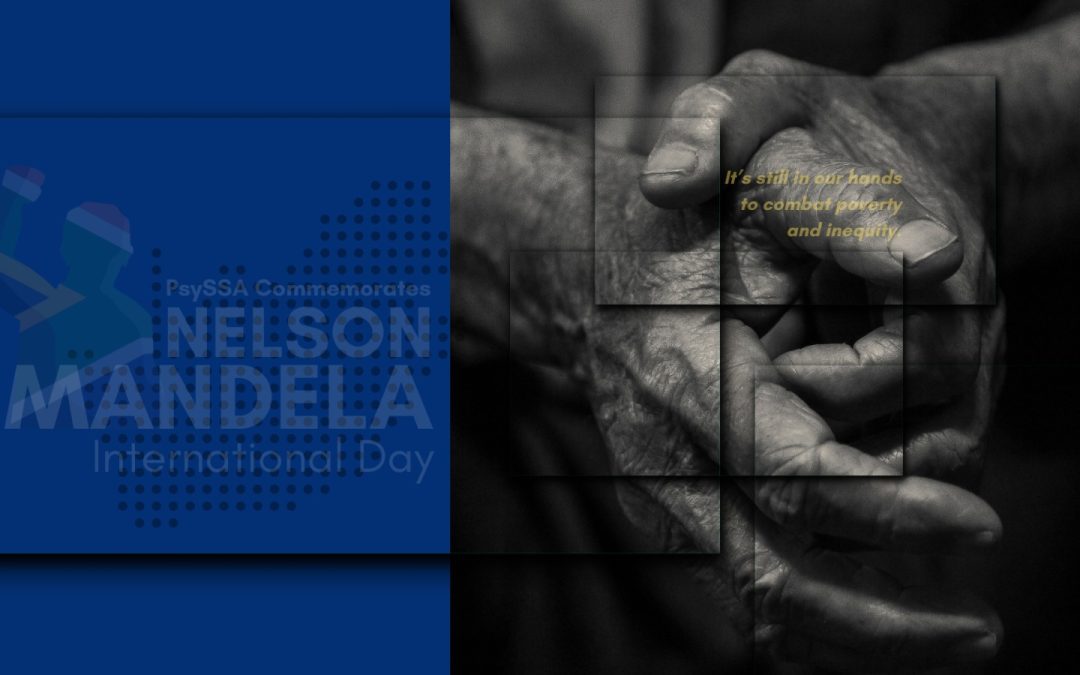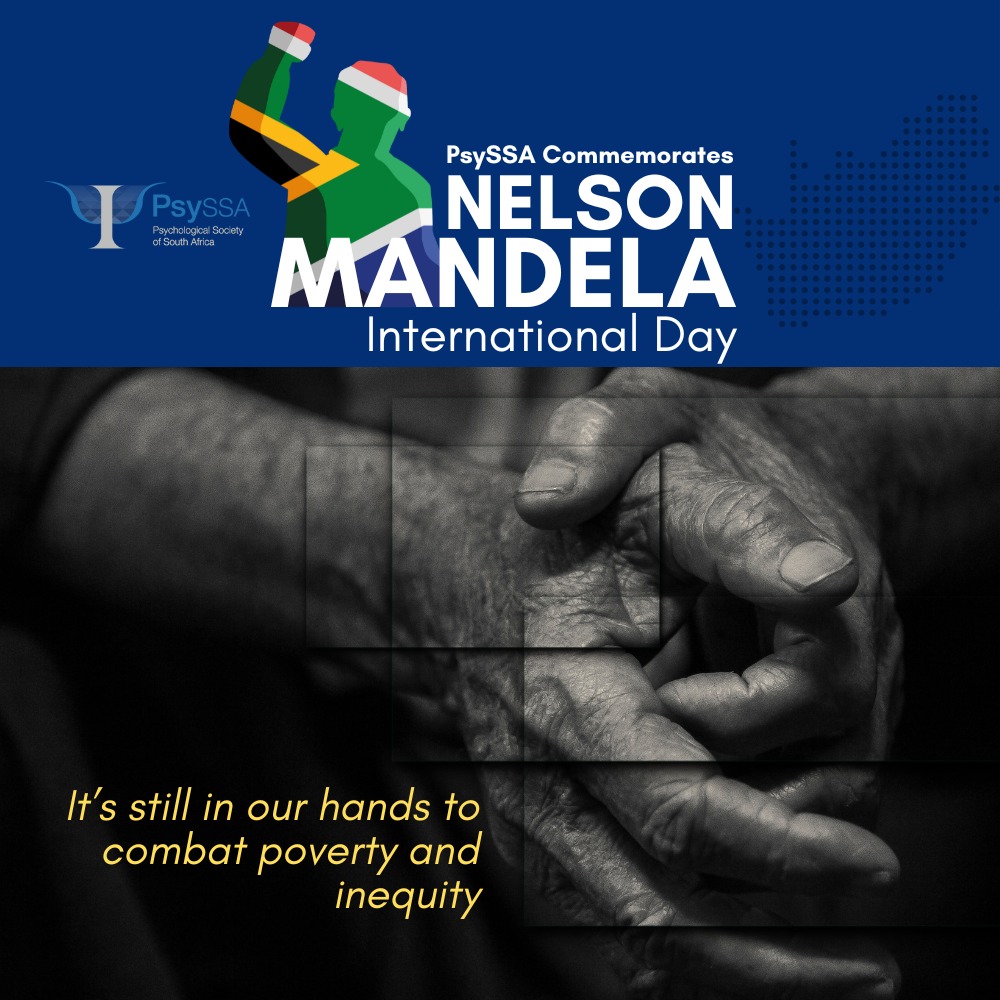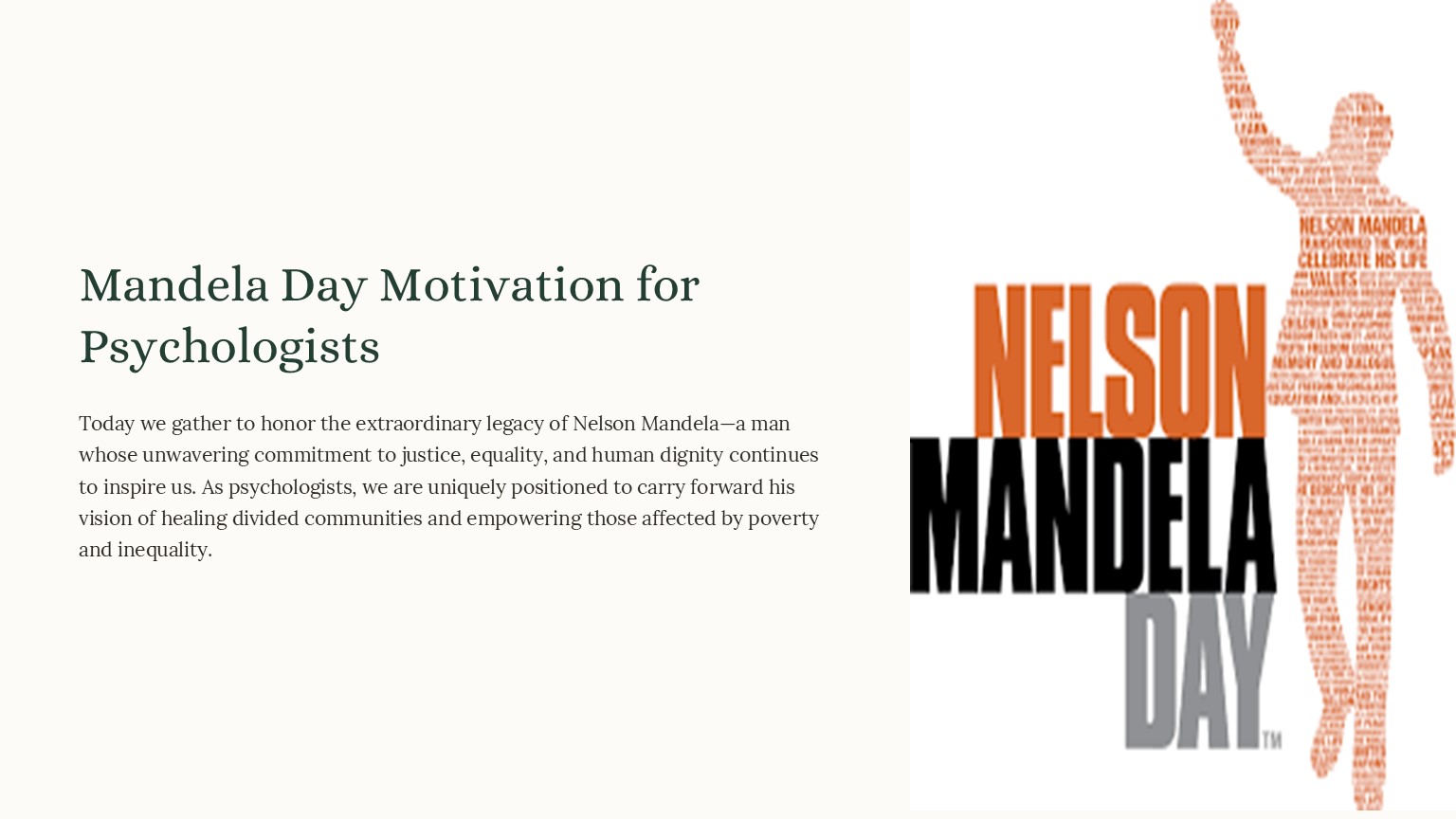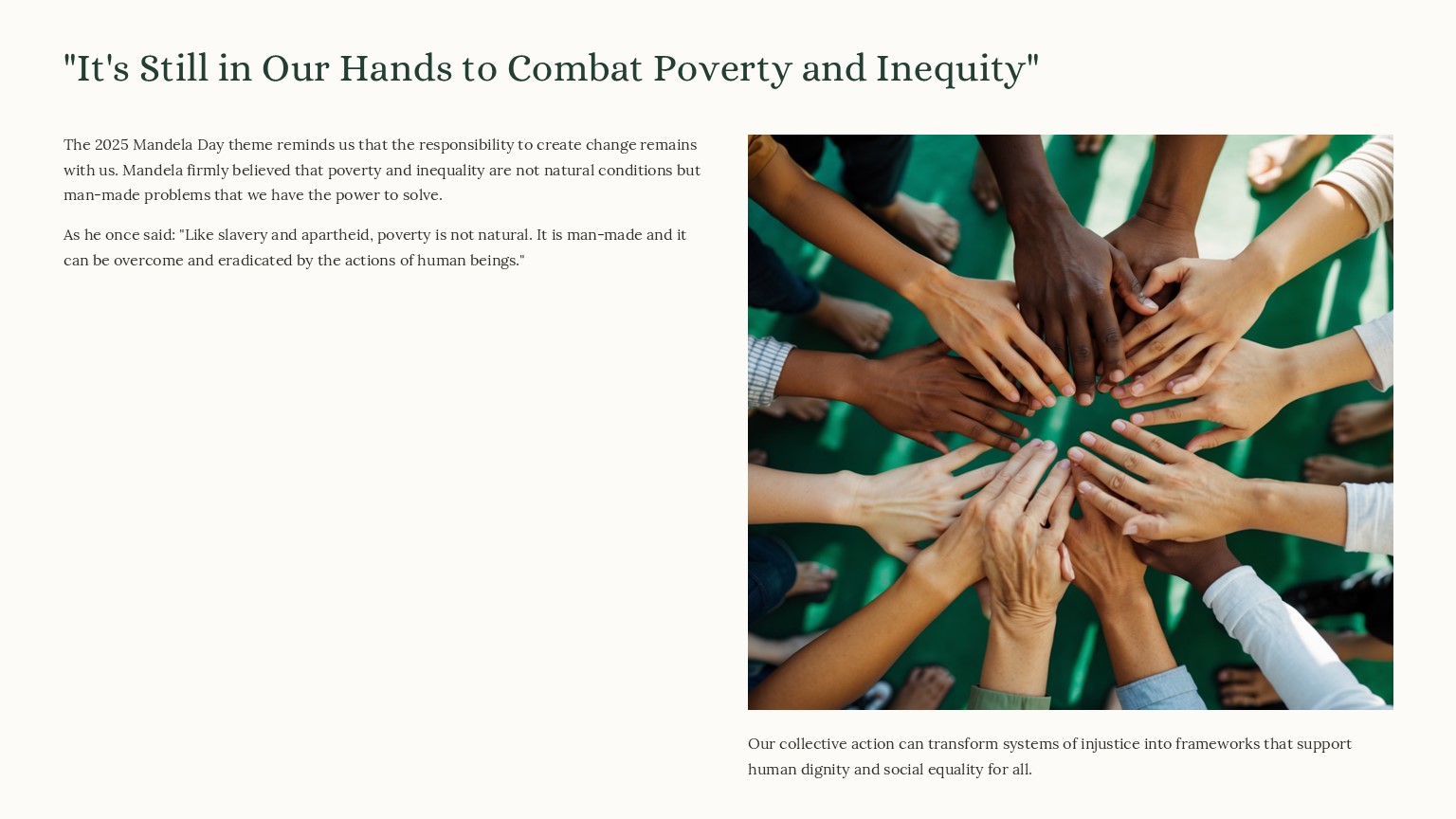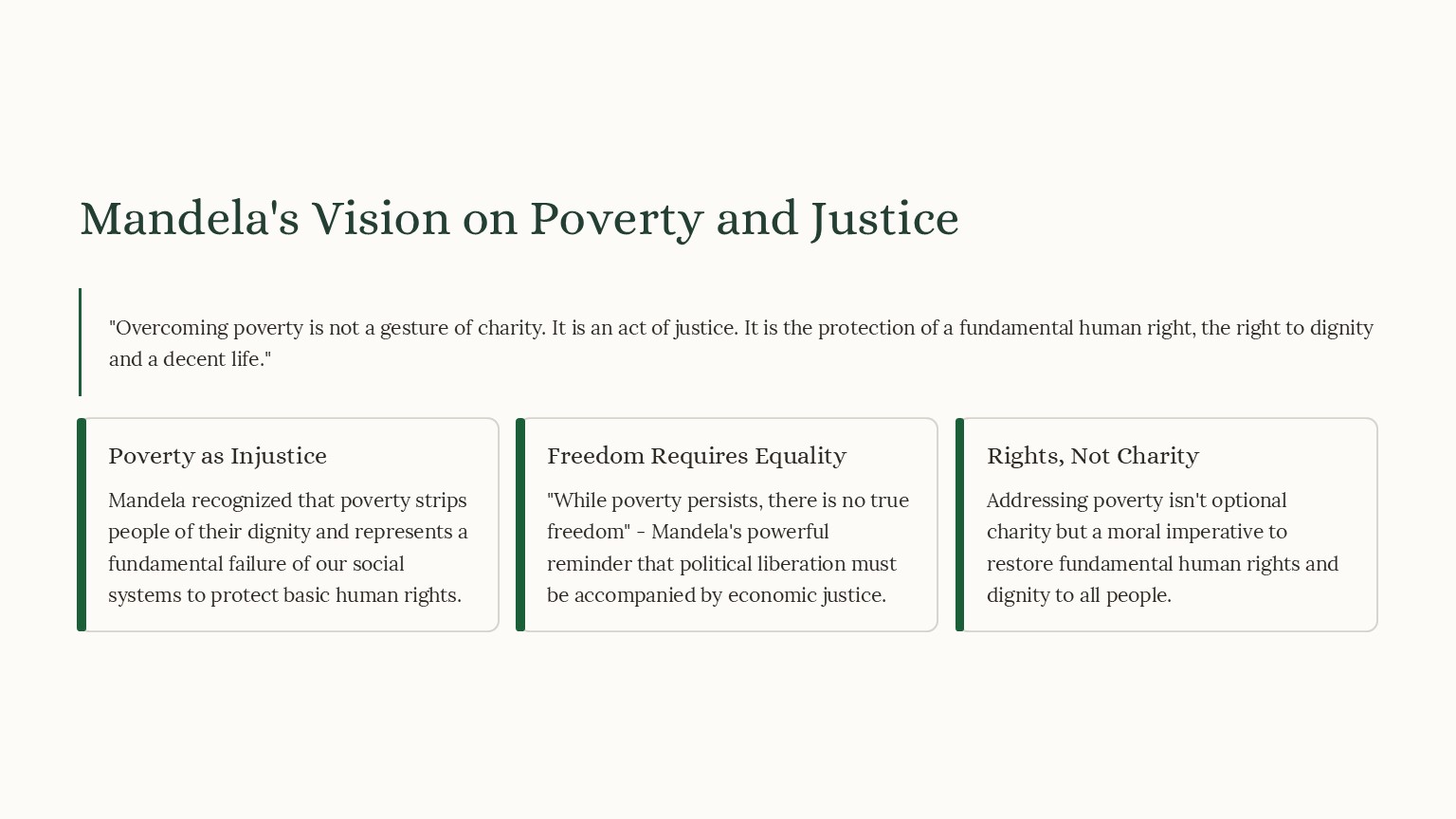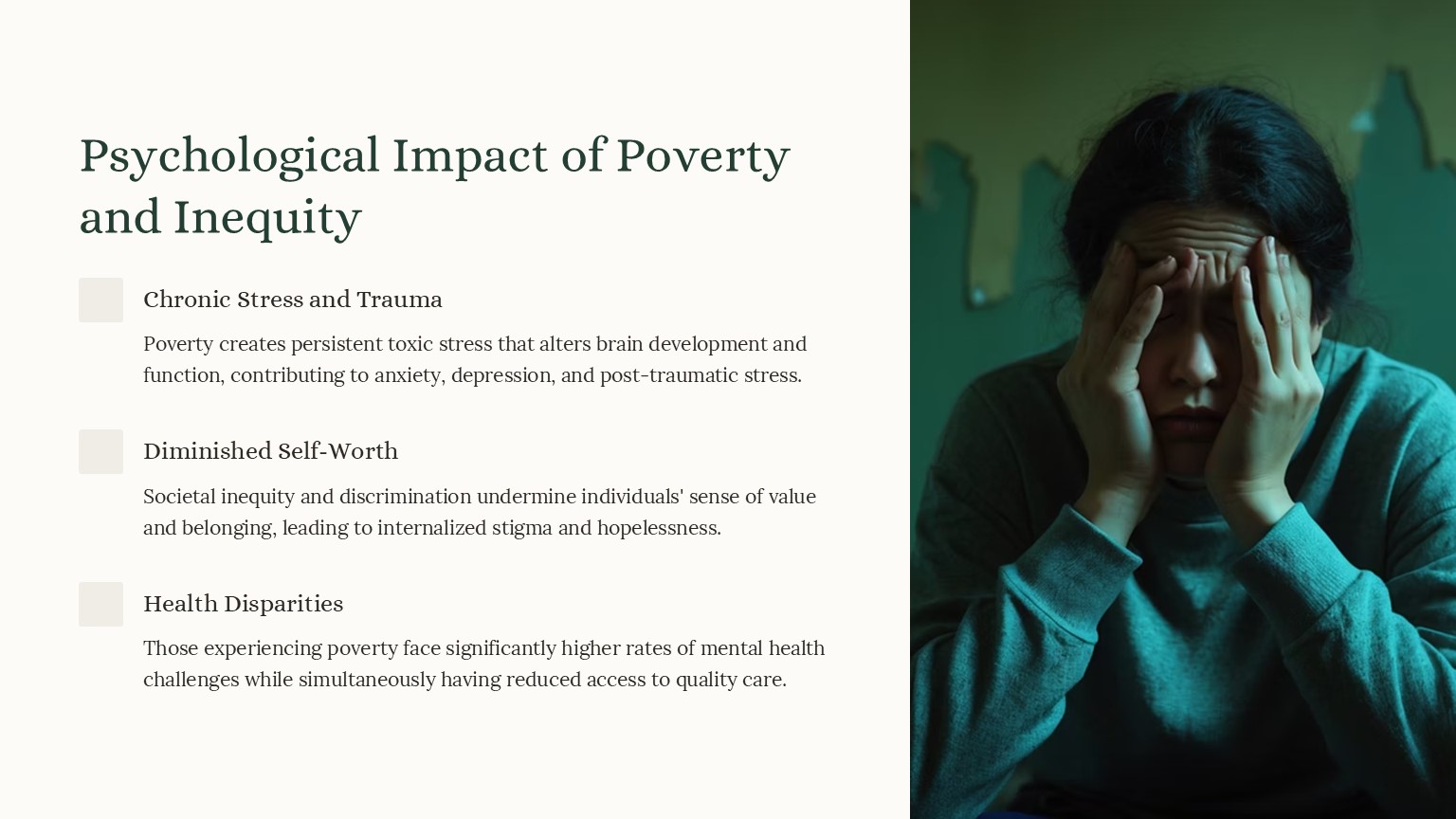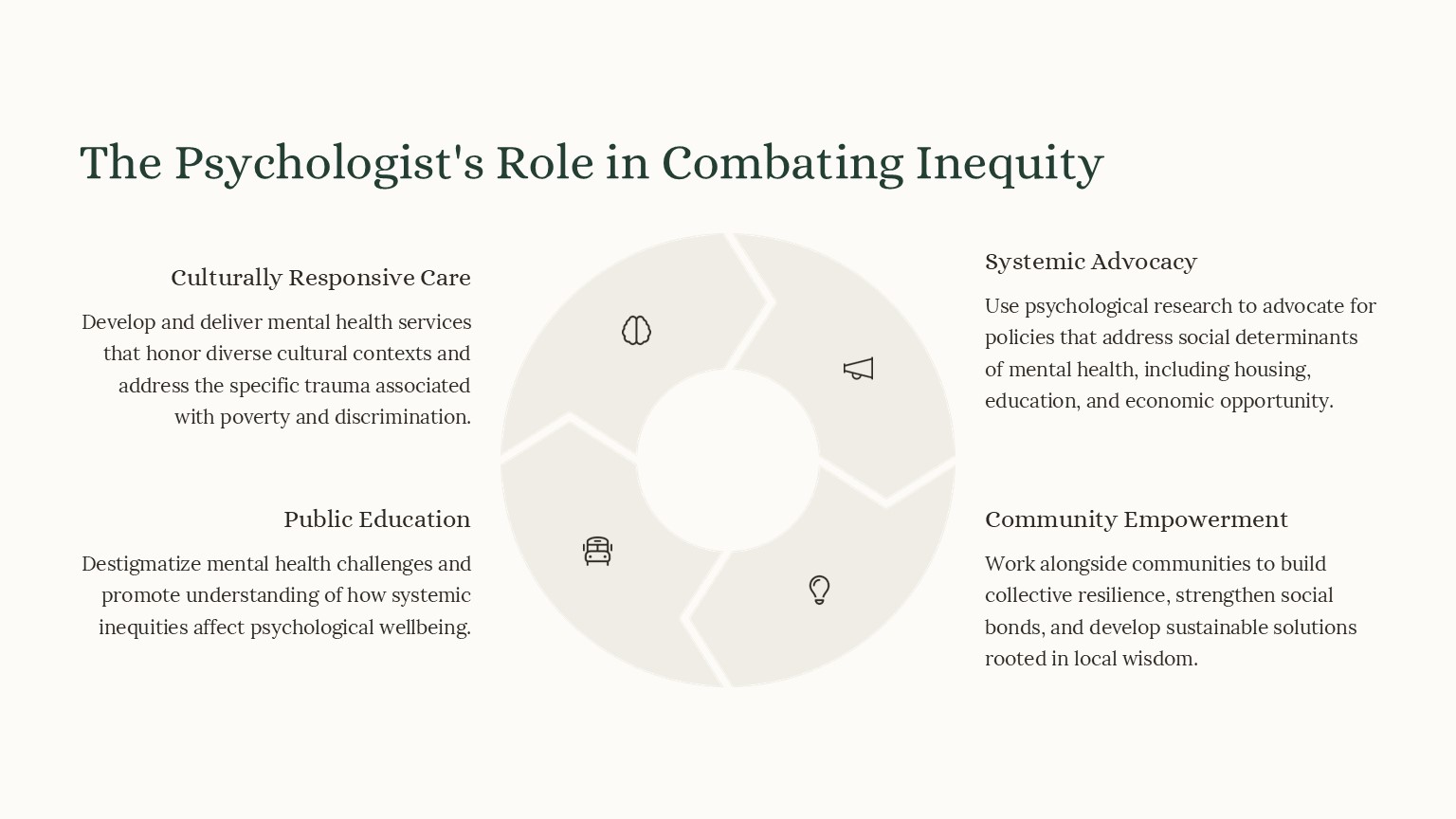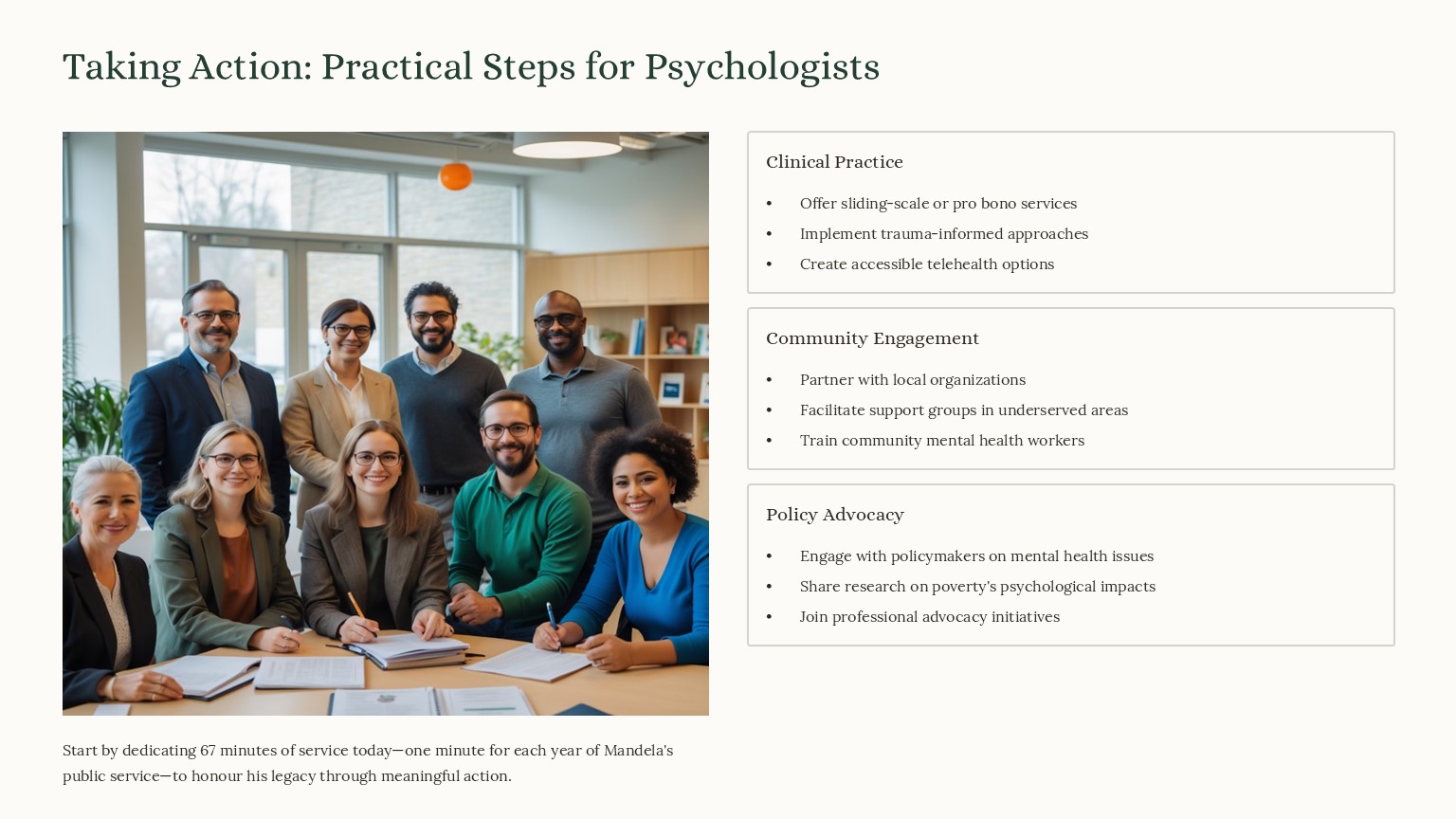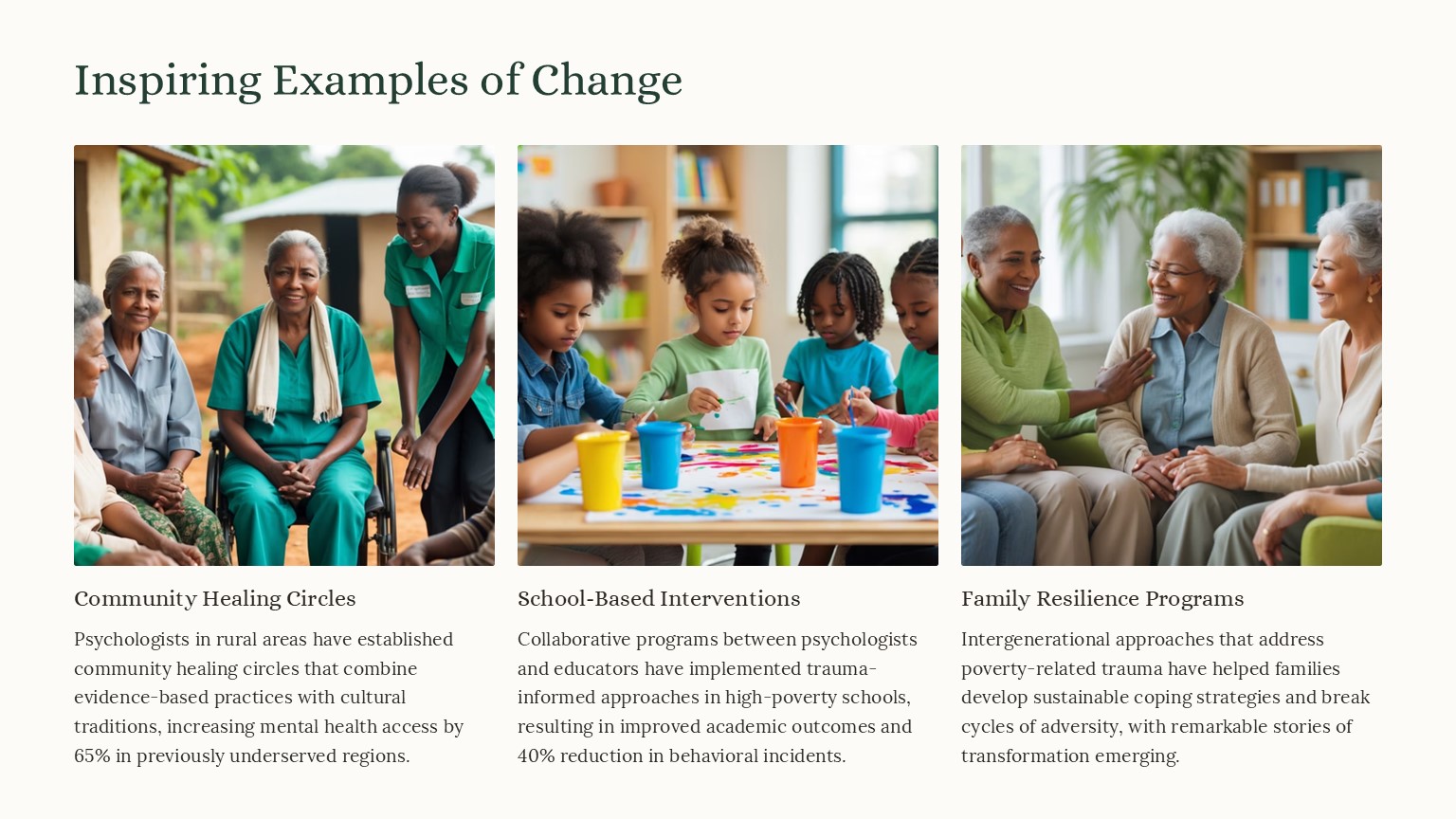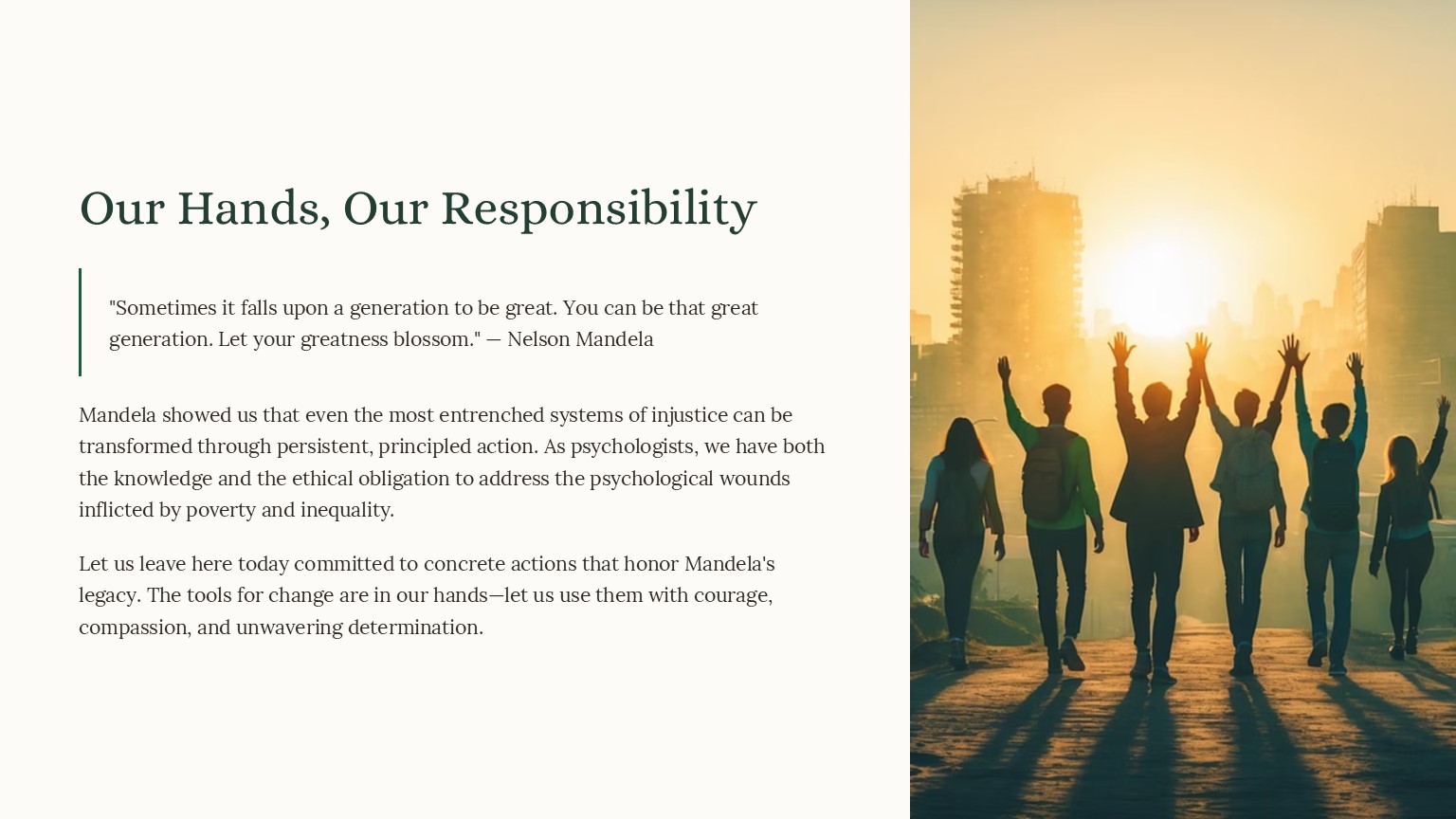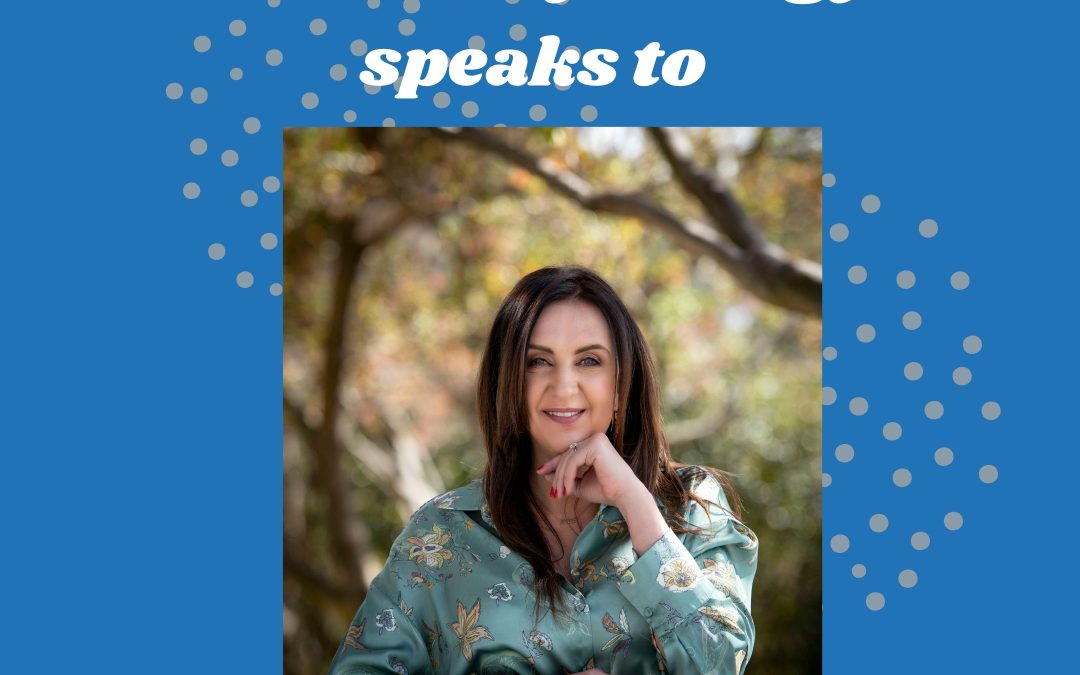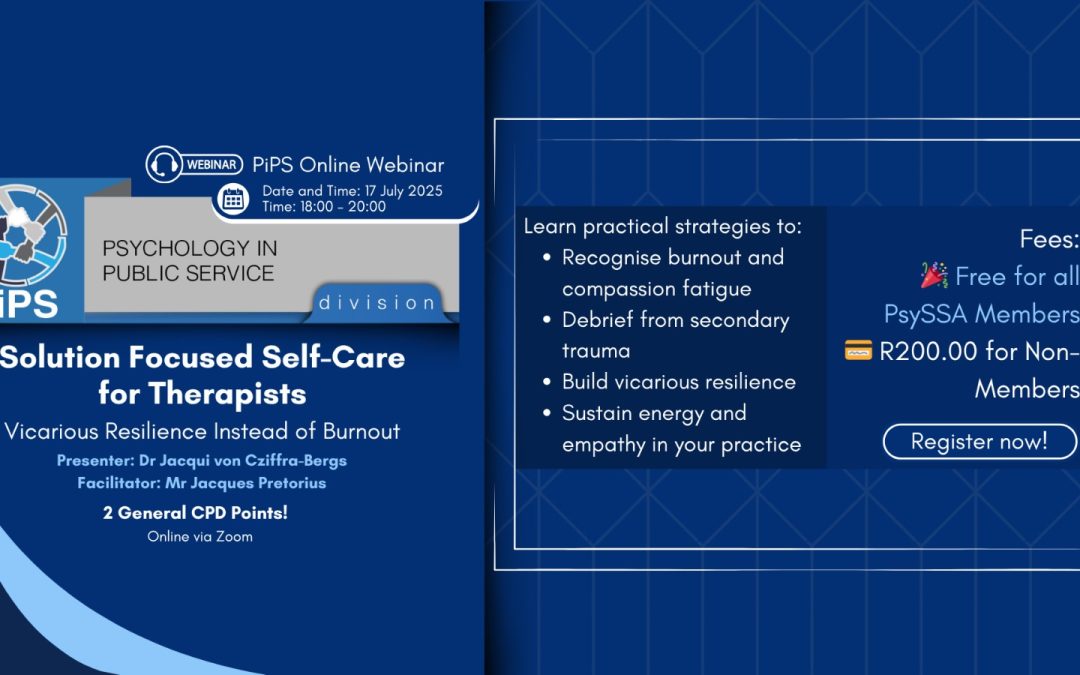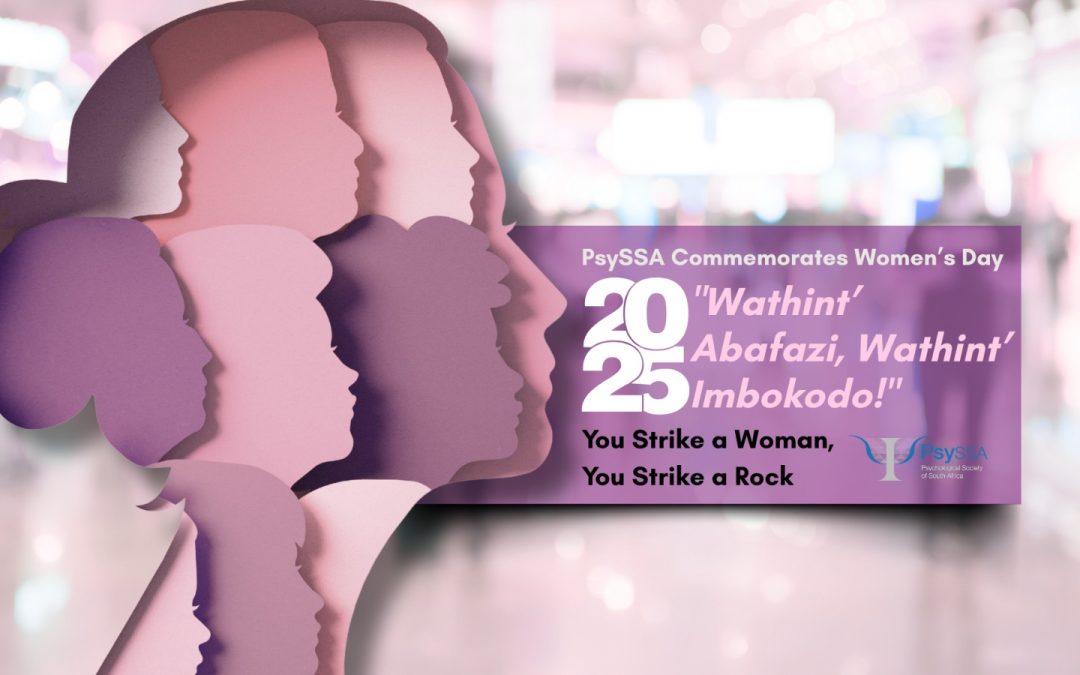
PsySSA Commemorates National Women’s Day 2025
PsySSA Commemorates National Women’s Day 2025
09 August

A critical reflection on psychology’s role in advancing gender equity in South Africa
This opinion piece has been drafted by Angeline Stephens, PhD on behalf of the Sexuality and Gender Division (SGD) of PsySSA, with input from members of the SGD.
As we commemorate Women’s month in August and Women’s Day on the 9th August in South Africa, we reflect on psychology’s role in advancing gender equity and promoting socio-economic justice for women and gender diverse communities through inclusive psychological practice.
In marking this month and day, the South African government website begins by paying tribute to the women who marched to the Union Buildings on the 9th August, 1956, in protest against the Pass Laws (https://www.gov.za/WomensDay2025). Additionally and importantly, through remembering several “pioneer” women, we are reminded that women’s participation in the political transformation of our country and, specifically, in the fight for women’s rights, predates the significant 1956 march to the Union Buildings.
Accordingly, in reflecting on psychology’s role in advancing gender equity and promoting socio-economic justice for women in South Africa, we are compelled to situate psychology’s role within the broader political and socio-historical contexts of our beloved country; ravaged by the scars of the colonial rape[1] of the land and its people, apartheid violence and deep trauma.
Quijano’s (2007) concept of the coloniality of power in the “modern/colonial gender system” (Lugones, 2023) provides an appropriately relevant and critical point from which to reflect on the role that psychology plays, in the present moment, in addressing the gendered inequalities of the past, in ways that interrogate its intersections with race, class and sexuality.
To what extent has psychology shifted from being an instrument that supported an apartheid ideology and system of hierarchical racial categorisation and divisiveness to being one of inclusive practice that recognises the diversity of gendered, classed and raced identities?
Cognisant of this history that continues to permeate the lived reality of millions of women, whose lives are systematically devalued and dehumanised, in what ways does psychology advance gender equity and promote socio-economic justice for women and gender diverse communities through inclusive psychological practice?
It is appropriate to begin by considering the kind(s) of knowledge that is/are produced in academic and professional spaces through teaching, research, professional programmes and therapeutic work, as these enactments mark very tangible ways in which psychology, as a discipline and a practice, engages with (marginalised) communities and represents an instrument of power.
Psychology’s participation in teaching, research, training, therapy and community engagement offer powerful ways in which psychology can challenge and change normative, gendered ways of doing. But this requires constant critical reflexive practice of what we do.
It is pleasing to note that there is a shift towards including content that is more African-centred and produced in the global south in professional programmes. However, such content is often offered as an elective rather than one of the core modules. For a large part, western and eurocentric theoretical and therapeutic approaches continue to dominate professional programmes. The linkage between their inclusion and advancing gender equity becomes salient when we consider how psychology is done and enacted in work with women from marginalised communities in particular.
Access to resources and ownership of resources is highly gendered and raced in South Africa. The past apartheid system has meant that, for a long time, psychology has been dominated by white males from privileged socio-economic backgrounds. To what extent has this profile changed to represent a more inclusive and gender-diverse profession? And how has such change translated to empowering women from marginalised communities?
A quick survey of the selection of candidates for the professional Masters’ programmes in psychology across various HE institutions is likely to reveal a skew towards more women candidates. While this may be regarded as progressive, and a ‘good-fit’ given that more women than men tend to access psychological services, such changes may not be adequate in addressing gender equity if the programmes themselves remain primarily individualistic and westernised in their orientation.
Hence, it is pleasing to note the shift towards including more feminist, critical and decolonial perspectives in teaching, research and practice. The Hub for Decolonial Feminist Psychologies in Africa, housed at the Department of Psychology at the University of Cape Town, is a good example.
The Psychological Society of South Africa (PsySSA) itself has seen the emergence of additional Divisions based on membership interest, which, together with the more long-standing and established Divisions, reflect a shift towards more critical approaches to psychology and the communities it serves. More importantly, in terms of the gendered focus of this article, the PsySSA divisions offer practitioners a platform for more critical engagement with the changing landscape and its impact on gender and gender diversity.
The Sexuality and Gender, the Trauma and Violence, and, the Community and Social Psychology divisions, together with more recent additions such as the Decolonial Psychology and the Climate, Environment and Psychology divisions are good examples of how psychology can interrogate issues of gender and gender diversity from multiple, intersectional perspectives.
Being mindful of the power that psychology has, is important in how that power is acknowledged and shared in work with women and gender diverse people, especially people from marginalised communities, in ways that that recognise their power and agency through inclusive psychological practice. This means a move away from individualistic ways of doing, to ways that encourage collaboration and understanding in all areas of work, including community engagement and the therapeutic space.
The recent launch of the second edition of PsySSA’s Practice Guidelines for Psychology Professionals Working with Sexually and Gender-Diverse People marked a culmination of collaboration and dialogue between psychologists, academics and community-based advocates and NGOs working with sexually and gender-diverse people. It is an excellent example of how psychology, through collaboration and engagement with community stakeholders, has made a positive impact in advancing gender equity and the rights of sexually and gender-diverse people.
While this article does not specifically focus on the crisis of sexual and gender-based violence (SGBV), which is foregrounded in the 16 Days of Activism against Gender-Based Violence campaign in the months of November and December, SGBV remains a priority area that psychology has a role to play in working with women and other stakeholders to develop and implement interventions that seek to end violence.
Sexual and reproductive health rights (SRHR) marks another important priority area for women and sexually and gender-diverse people, especially from marginalised and impoverished communities. This priority area is one in which PsySSA and the Sexuality and Gender Division (SGD) have begun engaging in with the intention to make a meaningful contribution to addressing gender equity and socio-economic justice for women and sexually and gender-diverse people within a rights-based framework.
Increasingly, psychology in South Africa has opened up the spaces for the voices of (marginalised) women to be heard, valued and appreciated through ethical and collaborative research practices and engagements. Their stories of their lived experiences form an integral component in shared knowledge creation. Working with women who share their stories to advance gender equity represents a highly empowering and inclusive practice for women and psychology practitioners.
Psychology has played an important role in challenging attitudes, perceptions and behaviour that perpetuates gender oppression. However, gender cannot be regarded as a stand-alone social category. Psychology needs to adopt a more critical stance that recognises the intersections of gender with other social categories. For example, the inclusion of women with disabilities sadly remain a peripheral afterthought in many programmes and interventions that target women.
The intersections of gender with race and class remain critical when thinking about psychology’s role in promoting socio-economic justice for women and gender-diverse communities as their vulnerability is often heightened. The release and sharing of (psychology’s) power in such contexts is a necessary requirement for work that seeks to recognise agency, heal and build resilience.
The question of psychology’s role in advancing gender equity, promoting socio-economic justice for women and gender diverse communities through inclusive psychological practice, remains a critical question of relevance that we, as ethical practitioners, must engage with on an ongoing basis.
Ultimately, advancing gender equity and promoting socio-economic justice for women and gender diverse communities is about recognising women and gender diverse communities as human – and not “less than human” (Quijano, 2007). This should be a central and foundational principle that underpins psychology’s work with women.
And finally, it is worth pointing out that while we have spoken about ‘psychology’ as a discipline and a practice, psychology does not exist in a separate realm from us. We make up ‘psychology’. We all have a collective and ethical responsibility to work in ways that advance gender equity and promote socio-economic justice for women through collaborative work with women, communities, and other stakeholders such as educators and policy makers.
[1] We acknowledge that the word “rape” may be triggering for people who have experienced sexual violence, and its use in an article with a gendered focus may be viewed as being contentious. However, the word is used to convey the brutality and violence of coloniality, what it took without consent, and specifically, its continued trauma in the lives of the people, especially women, that it violated.


Commemorating Women, Honouring Culture and Embodying Decolonial Ethics of Care Through Women’s Dialogical Spaces
By: Imbumbe Yabafazi and PsySSA’s Decolonising Psychology Division
iGwijo or songs, such as Wathint’abafazi wathint’imbokodo (isiXhosa for “You strike the women, you strike a rock”) commemorate the mass of women who marched to the Union Buildings to protest against pass laws, through the leadership of Lillian Ngoyi, Helen Joseph, Rahima Moosa and Sophia Williams in 1956. This song has since remained an anthem in Black South African women’s spaces as it carries the sentiment of advocacy for freedom, inclusion and equality not only for the benefit of women, but ultimately for all.
Today, community outreach units like Imbumbe YaBafazi draw from the tradition of igwijo, alongside communal storytelling, affective exchange, praise and dancing, during their regular grassroots dialogues aimed at addressing contemporary societal issues that affect women. Reflecting on journeying with women over the past ten years, we highlight the value of history, culture, integrity, affirmations, and togetherness in these spaces – values which are essential to a decolonised psychology.
Citing the principle that “in the communities where we operate, we map issues affecting families, with a special focus on women” and guided by the belief that women are the cornerstone in sustaining peace, stability and kindness in communities, we aim to ensure that the lived realities and of women remain central to its work. This commitment underscores the importance of recognising both the structural violence and cultural nuances that shape women’s experiences, as well as adopting a participatory approach to problem-solving.
A recurring element in these spaces is the singing of igwijo – songs such as Wathint’abafazi wathint’imbokodo referred to prior, carry sentiment and memory into the spaces where women gather. Commonly sung at Black South African gatherings, including Imbumbe’s dialogue spaces, igwijo such as Eli lizwe nge lamakhosikazi (“This is the land of women / where women reign”) invite all present to reclaim their place in the world, to remember their worth, and to reaffirm their identity. Imbumbe’s founder notes that Africans sing – whether in celebration or in sorrow. iGwijo thus become oral testaments to struggle, triumph, and hope and serve not only as affective expressions, but also as living archives of indigenous modes of knowing, healing, and relating.
At the heart of Imbumbe’s commitment to creating and facilitating these spaces of reconnection lies the belief that well-supported women and youth are the foundation of strong communities. Drawing from the African proverb, ugotshwa usemanzi (isiZulu for “You have to bend the branch while it is still wet”), we prioritise intergenerational dialogue to ensure that futures are shaped before the challenges of life harden potential. This approach ensures communal participation in reshaping narratives which restore dignity, learning and unlearning perspectives, and the transfer of practical tools for both individual and community capacity-building. Ultimately, it encourages young women to take up space in a patriarchal society marked by hegemonic masculinity – one that works to minimise and marginalise them.
Beyond offering a safe space where women can authentically be, grassroots dialogue spaces cultivate shared humanity, transmit local and intergenerational knowledges, and provide cultural grounding. They become spaces of collective consciousness, solidarity-building and community well-being, nurtured through practices of remembrance, resistance, relational accountability, introspection, action, and collective healing in the pursuit of justice. These practices reveal what mainstream psychology, in its Euro-American form, so often misses: that healing is cultural, relational, and more impactful when approached collectively.
Offering a model of embodied collective healing, Imbumbe Yabafazi’s work examples a living praxis of decolonial mental health care and serves as an exemplar for decolonial ethics of care, which are critical to an African-centred decolonised psychology. The honouring of story, song, and ritual in women’s dialogue spaces should thus not be seen as merely performative; rather, these are methodologies of healing –psychosocial, political, cultural, and spiritual interventions – forms of praxis that psychology should engage with seriously in its own transformation, particularly in the African context.
A culturally rooted, community-based approach that values the recognition of historical trauma and the structural conditions shaping mental health, indigenous knowledge systems, and oral traditions, thus positions communal healing as a valid and vital form of psychological practice. Embracing Ubuntu (a Nguni philosophy underpinned by the sentiment that “I am, because we are” or shared humanity) in this way shifts the therapeutic process from an individualised, expert-driven model to one that is collective, participatory, and culturally grounded. Such an approach would also enable local psychology professionals to forge deeper connection and critically engage with the situated experiences, knowledges, and practices that offer healing in communities – often without formal recognition.



